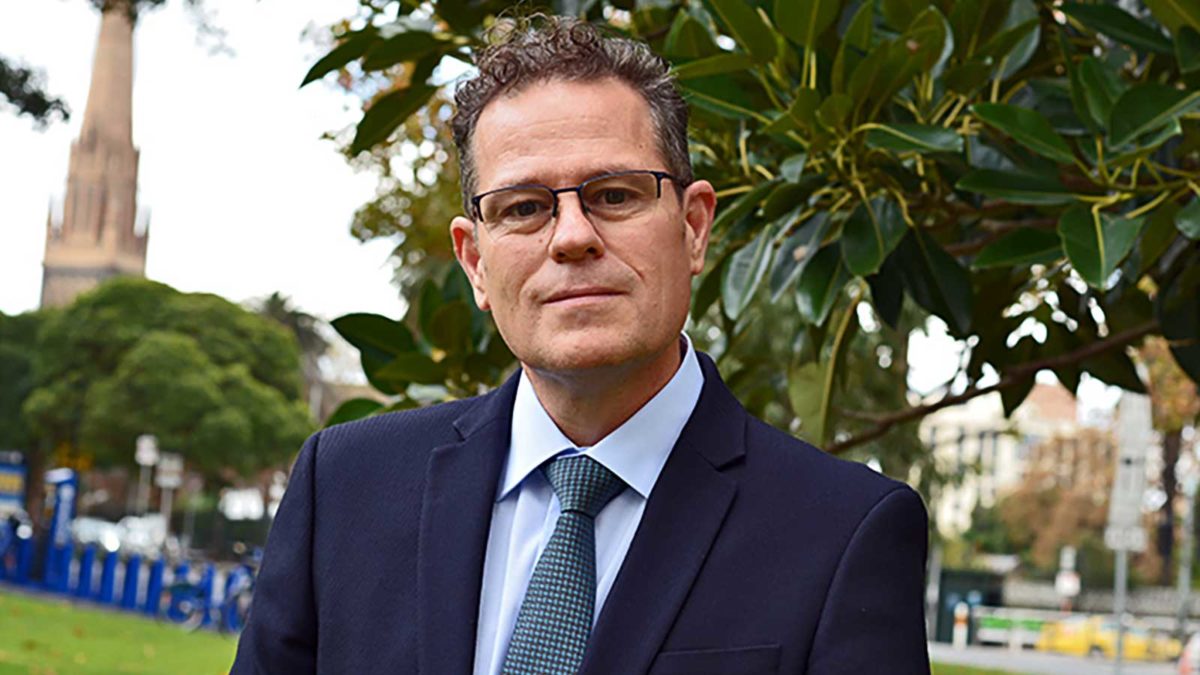Future Fund not the future of default super: ISA
Australia’s industry funds have launched a full-throated defence of their sector as the national default fund debate heats up. Politics and performance are both at stake.
The idea of a national default fund is a bold one, and has been advanced a number of times over the 30-year history of compulsory superannuation in Australia. Its most recent proponent is Liberal senator Andrew Bragg, who has suggested that the Future Fund could handle investment management while acquiring the Commonwealth Superannuation Corporation to create a retail-facing entity.
But Industry Super Australia (ISA) reckons the idea is a dud.
The Future Fund has returned an average 9.0 per cent per annum over the last five years – nothing to sneeze at – but at the same time has not had to wear the administration costs that come with actually having members. It also doesn’t have to cater to different life stages (the retirement income covenant will require funds to have plans and products for managing the decumulation phase) or risk appetites.
“While it now manages six different public asset funds, the bulk of the Future Fund’s total funds under management ($196.8 billion from $245.8 billion) is invested to cover unfunded defined benefit super entitlements for Commonwealth public servants,” the report reads.
“It is not a super fund. It pays no taxes, has no members, and is not subject to the significant and extensive regulations that govern super funds and provide protection and transparency for stakeholders and members. Converting the Future Fund to a super fund would come with greater complexity and cost, meaning greater costs for members.”
ISA predicts that cost would be about double those of comparable products in the MySuper space – which it also believes have performed so strongly that the creation of a national default fund is a moot point.
The arguments suggesting that the current default system is not working are weak. In the inaugural Your Future, Your Super performance test, 84 per cent of MySuper products covering 93 per cent of members and 94 per cent of funds under management passed the performance test,” the report says.
“In the case of industry funds, more than 97 per cent of assets are in products that passed the test. Productivity Commission analysis from 2018 also found over the longer term, 85 per cent of member accounts and 86 per cent of member assets invested in default funds outperformed the Commission’s tailored index benchmarks.”
Of course, it’s impossible to separate self-interest from ISA’s defence. A national default fund would threaten the primacy of the industry super sector, which has leveraged its low cost and solid performance to grab market share from the retail sector in the aftermath of the Hayne royal commission.
Outside the vagaries of performance, there are other problems – foremost of which is the political ramifications of having retirement savings tied to the government of the day, and the possibility that those savings may become a piggybank for pork barrelling.
“A government-owned default super fund would be subject to the politics of the day. Ministers and future governments with political agendas may exert political or ideological influence over the fund which may not be in the best financial interests of members,” the report says.
“For example, instead of carefully constructed investment decisions to maximise the long-term financial interests of members, political creep could see bans on investing in particular asset classes such as coal or renewables, or funding infrastructure projects to maximise electoral returns rather than financial returns of members.”
There is history here, with the controversial investment veto power that was contained in the first versions of the Your Future Your Super reforms. Branded as a “regulatory kill switch” by its critics, the power would have allowed the Treasurer of the day to arbitrarily ban an investment made by a superannuation find, but was ultimately dropped from the reforms after stiff opposition from politicians on both sides of the political divide.
Bragg has previously acknowledged the risks inherent to a national default fund, but believes that “(the government) having more skin in the game is appropriate” and that outsourcing management of retirement savings to the private sector was “poor and weak and unambitious”.
“I do think it would be good if Canberra felt more connected to the outcomes of the super system… We are half-pregnant with this scheme, so we need to make sure that for the people who are disengaged, we take our responsibility more seriously.”
But there’s been little appetite from within Canberra for a national default fund, with Scott Morrison shooting down a similar proposal in 2019. That’s likely for another of the reasons that ISA points out: no government wants to deal with the fallout of low or negative returns.
“The political risks associated with short-term low or negative returns mean that a government-owned fund is likely to invest too cautiously resulting in lower retirement balances for members and greater reliance on the age pension as a result,” the report says.
“Short-term low or negative returns are not in and of themselves a sign of underperformance. They can form part of carefully constructed and managed growth strategies. However, the pressure to avoid electoral backlash can bring about undue risk aversion, to the detriment of the long-term financial interests of members.”
And with the most recent spate of reforms only barely crossing the line, it’s difficult to foresee when the government would consider such a transformational move.











